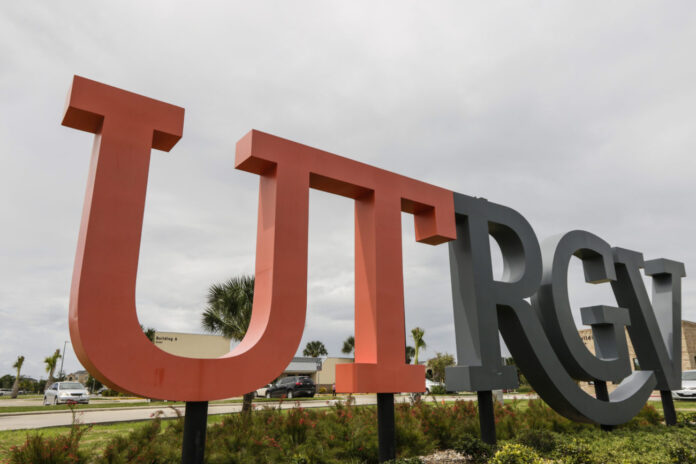We welcome the announcement that the University of Texas Rio Grande Valley will help make the dream of a university education possible for more Valley students.
UTRGV President Guy Bailey on Monday announced the UTRGV Tuition Advantage grant program that will waive tuition and many fees for students whose families have an adjusted gross annual income of less than $75,000, beginning in the fall 2020 semester.
Minimum SAT or ACT test scores, course loads and grade-point averages will apply.
Monday’s announcement follows a similar announcement from UT Austin made several weeks ago.
Actually, Tuition Advantage expands existing assistance programs. UT Austin has offered free tuition to some students since 2003. UTRGV’s precursor institutions, UT-Brownsville and UT Pan-American, had similar plans known as Imagine College and the UTPA Advantage, respectively, but the recent announcements raise the income thresholds significantly.
Other universities, within and outside of the UT System, also have similar programs.
To be sure, the universities won’t fund full tuition for all students; most of them will qualify for income-based grants, scholarships and other aid, and the institutions will make up any difference. Still, it’s a major investment in the students, and in the future they represent.
Tuition assistance certainly is more easily accomplished at the flagship university, which has a long history and dedicated pool of endowments and alumni support from which to draw. UTRGV, still in its first decade of operation, still is building that base of support.
That makes the decision to establish the tuition assistance program perhaps more significant for the Valley university. Nothing comes free, and the funds that UTRGV will use to subsidize enrollment are resources that won’t be available to hire faculty, conduct research or address other needs.
However, making the goal of a university education a reality to more students is an investment that could enable more Valley residents to secure better-paying jobs, which could provide greater long-term benefits to the Valley economy as a whole. In the end the university should benefit along with the entire community if it helps expand the economy and raise incomes to the point that more students in the future will be able to afford a university education without tuition assistance.
It also could offer more direct benefits, if those whose UTRGV degrees enable them to start new businesses or build successful careers might become dedicated alumni who provide the kind of support that enable the university to continue this and other programs that will benefit the next generation of students.
Even as presidential candidates talk about making college free for all students, our educational institutions’ already are helping make higher education possible for students with limited resources. We applaud and thank UTRGV for its investment in the future success of our students, and our community.
Valley Morning Star





